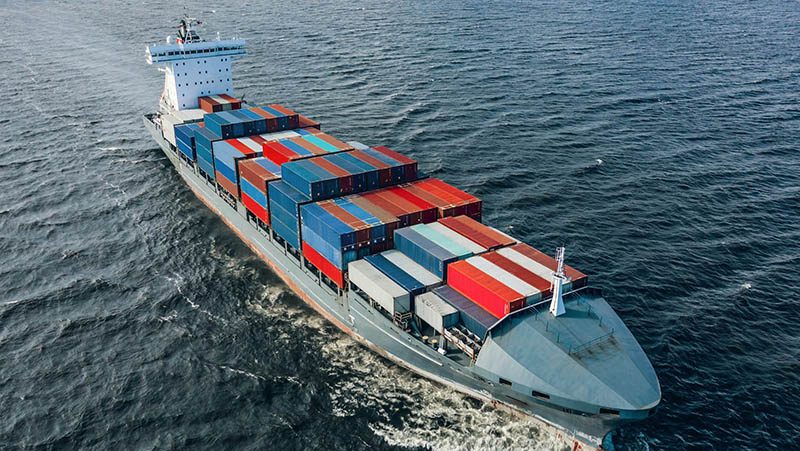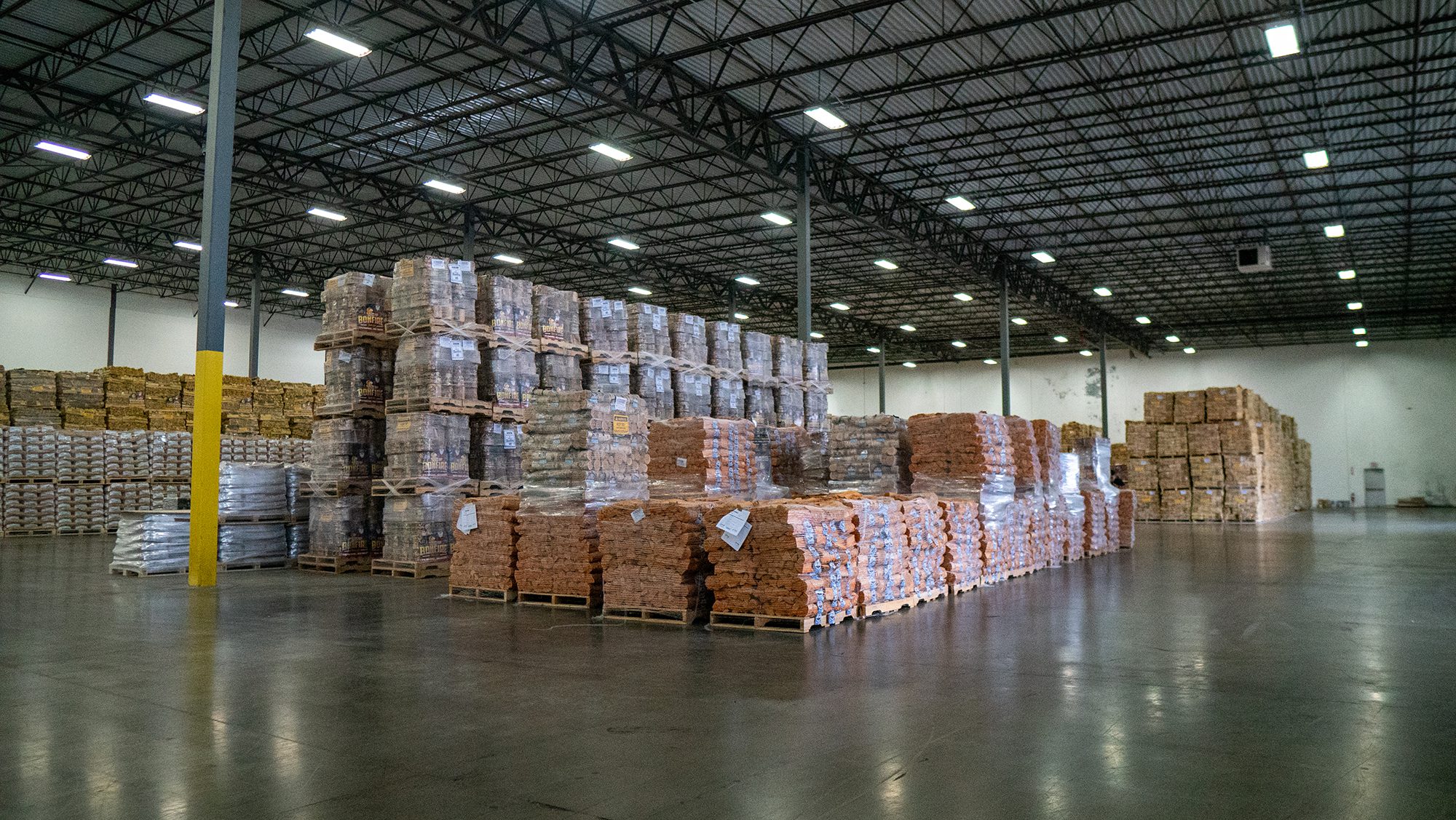Alcohol Imports
COMMERCIAL IMPORT OF ALCOHOLIC BEVERAGES TO THE U.S.
Importing alcoholic spirits, wine, and beer into the United States can be a complex and challenging process, with numerous requirements and considerations that must be carefully navigated to ensure compliance with regulations and avoid costly delays and penalties. Below, we’ll discuss some of the key challenges and requirements associated with importing these products, as well as why working with a customs broker experienced in this field is so important.
Challenges of Importing Alcoholic Beverages
One of the primary challenges of importing alcoholic beverages into the US is navigating the complex regulatory environment governing these products. The importation of alcoholic beverages falls under the governance of three federal agencies:
- Alcohol and Tobacco Tax and Trade Bureau (TTB)
- Federal Food and Drug Administration (FDA)
- Customs and Border Protection agency (CBP)
TTB Requirements for Importing Alcoholic Beverages
The Alcohol and Tobacco Tax and Trade Bureau (TTB) is the primary federal agency responsible for regulating the importation of alcohol, and there are numerous rules and regulations that importers must follow to ensure compliance.
One of the key challenges associated with importing alcohol is obtaining the necessary permits and licenses. Importers must obtain permits from both the TTB and the state in which they plan to sell the product. These permits can be time-consuming and costly to obtain, and failure to obtain the necessary permits can result in delays, fines, and even seizure of the product.
The Alcohol and Tobacco Tax and Trade Bureau requires its own set of forms and permits. Many of these forms can be completed online through their Permits website. On this website, you can apply for a Federal Basic Importer’s Permit and a Wholesaler’s Basic Permit if needed. These permits are completed online or can be submitted via a paper copy.
Another challenge of importing alcoholic beverages is ensuring compliance with labeling and packaging requirements. All imported alcoholic beverages must be labeled in accordance with TTB regulations, which require specific information such as the alcohol content, country of origin, and producer’s name and address. Failure to comply with these labeling requirements can result in rejection of the product by customs officials.
After you receive your Importers permit, you can apply for the approval of your labels. The labels need to be pre-approved by the Tax and Trade Bureau (TTB) to obtain a Certificate of Label Approval (COLA). Each unique product must have an approved label for distilled spirits, wine, or malt beverages. You can apply for the COLA online on the Alcohol and Tobacco Tax and Trade Bureau website.
Federal labeling regulations will require you to obtain a certificate of origin for certain wines and distilled spirits that states:1) the country where the alcohol is produced, and 2) the age of the alcohol as well as the percent of alcohol in the beverage. If the alcohol is produced from products grown in more than one country, obtaining the certificates might involve further review from TTB, FDA, and CBP.
Food And Drug Administration Requirements for Importing Alcoholic Beverages
In addition to TTB requirements, an alcohol importer will need to comply with the FDA requirements of the Bioterrorism Act of 2002 and register with the FDA. You must provide prior notice of goods to be imported as outlined on the FDA website.
Customs Regulations for Commercial Import of Alcoholic Beverages
Part of the import process includes assessing and paying taxes and duties for import. U.S. Customs and Border Protection agency collects taxes on distilled spirits, wine, and beer as defined in the Internal Revenue Code. CBP also collects all applicable duties.
Customs will require the payment of the excise tax and import fees, and the submission of the paperwork you received from TTB and FDA. To assess taxes and duty, you will need an invoice for each import shipment. Each invoice must have the name of the importer, exporter, and port of entry. Invoices need to contain the number, price, and weight of the product you are importing and a detailed description.
Why Working with an Experienced Customs Broker is Important
Given the complex and challenging nature of importing alcoholic beverages into the US, it is highly recommended that importers work with an experienced customs broker who is well-versed in the regulations and requirements governing these products.
There may be additional requirements across state and local jurisdictions for transporting products from the port of entry to interim warehousing or transloading and then final delivery. Hawthorne Global has decades of experience managing the importation, transport, transloading, and final delivery of shipments for some of the largest distributors of alcoholic beverages in the country.
Contact Hawthorne Global Logistics at 1-800-580-8399 to get a complete logistics solution for importing and shipping alcoholic beverages.
Get a Quote
Fill out the form below and one of our customer service representatives will reach out to you as soon as possible.

International Shipping

Customs Brokerage

Domestic Transportation

